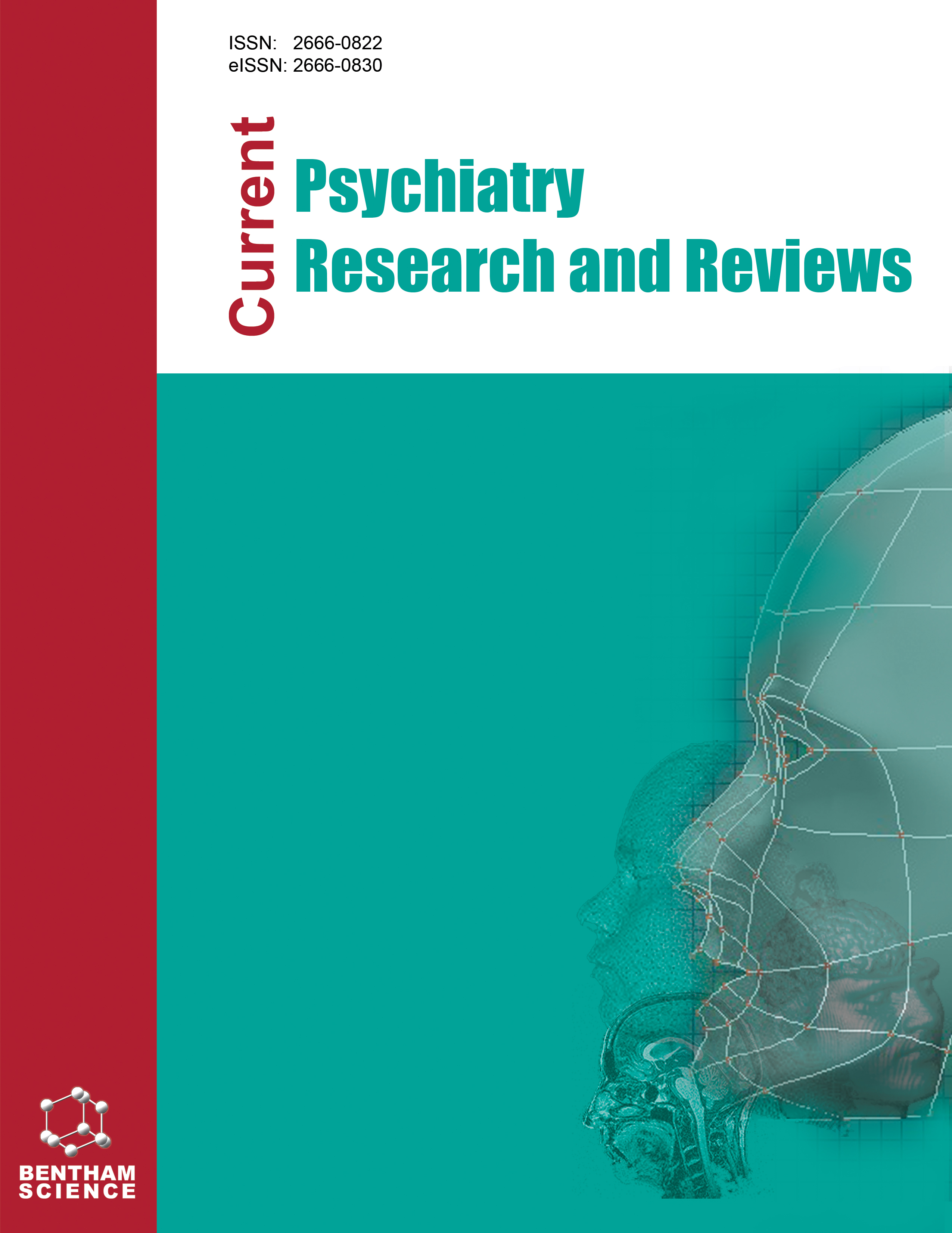-
s A Developmental Psychopathology Perspective of Obsessive-Compulsive Disorder
- Source: Current Psychiatry Research and Reviews, Volume 15, Issue 2, Jun 2019, p. 105 - 115
-
- 01 Jun 2019
Abstract
Objective: This integrative review explores Obsessive-Compulsive Disorder (OCD) from the perspective of developmental psychopathology, in terms of its multifaceted etiology and course. Background: Individuals affected by OCD experience intrusive and undesired thoughts accompanied by behaviors used to mitigate the unwanted images. Accordingly, there are several sub-types and personality dispositions reflective of the overall continuum of OCD, spanning normality and psychopathology. The etiology is complex, with generalized psychological and biological vulnerabilities, as well as contributors from life stress. Moreover, OCD is a disorder with a highly comorbid and overlapping presence; therefore, difficulties may arise when differentiating between OCD and other problems. Conclusion: Treatment non-responsiveness is a pervasive trend in persons afflicted with OCD, but the most effective approach likely involves a stepped-care model incorporating cognitive-behavioral psychotherapy and psychotropic medications. Other considerations will also be discussed.


